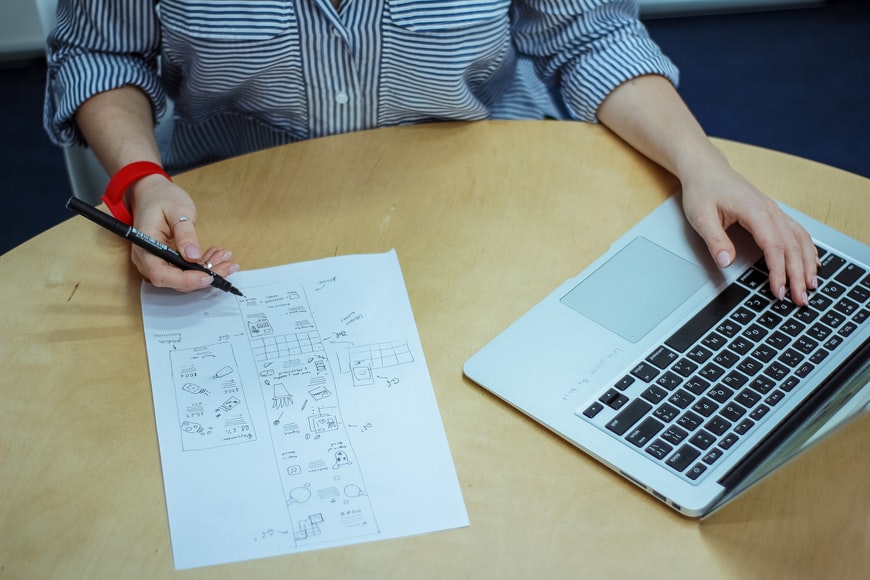In this article, we have provided a list of information technology job interview questions and answers. As well as tips on how to answer these questions as explained above.
Now it is up to you to prepare yourself for the interview by knowing the specific details of the job, the company profile and their products
Overview of an Information Technology Job Interview Questions and Answers
The information technology field is the fastest growing area of the economy and one of the most competitive industries. You can enjoy a prosperous career in this exciting field if you are properly prepared for entry-level positions, such as computer programmer and network administrator.
If you’re looking for your first job in IT, you need to be prepared for an interview with an information technology (IT) manager. The basic skills you need to get started in IT will also prepare you for other types of positions in this field, such as help desk analysts and systems administrators.
A career in IT requires a good theoretical understanding of computers, along with strong analytical and interpersonal skills. The first step to getting a job in IT is to assess your knowledge and skills and determine how they match the job description.
Once you’ve determined your suitability for the position, you can develop a strategy for acing the interview and negotiating the salary.
We will guide you through the information technology job interview questions and answers you’ll need to know.
10 of Possible Information Technology Job Interview Questions
1. Tell me about yourself and your education and training.
2. Describe your last (or current) job and your responsibilities and accomplishments.
3. Why do you want to work for this company?
4. What are your strengths and weaknesses?
5. What is your greatest achievement? How does it relate to the job you seek?
6. What types of people do you like to work with?
7. How do you work under pressure? Give an example.
8. How well do you communicate both verbally and in writing? Include a few examples of specific situations in which you demonstrated these skills.
9. Do you have a portfolio or a list of projects you have worked on? If so, please submit them with your resume.
10. What do you consider to be your greatest professional achievement to date?
How Will You Answer These Questions?
By knowing the answers to typical interview questions you will have a much better idea of what to expect during the interview. You will also have a much better idea of what the interviewer is looking for, so you can tailor your answers accordingly.
You should be prepared to answer these questions in a way that highlights your skills and experience. Show the interviewer that you are capable and qualified for the job. You also want to show them that you are a good match for the position and company culture.
Knowing in advance how they will most likely respond to these questions will put you in a strong position during the interview process.
To Conclude
In all, the interview is a two-way experience. You need to be ready for any question that might arise, and you also need to ask questions to be sure this job is a good match for you.
The more you know about a company and an industry before your first interview, the more comfortable you will feel during the interview process. You will also be better prepared to ask intelligent questions about the company and its products or services.

